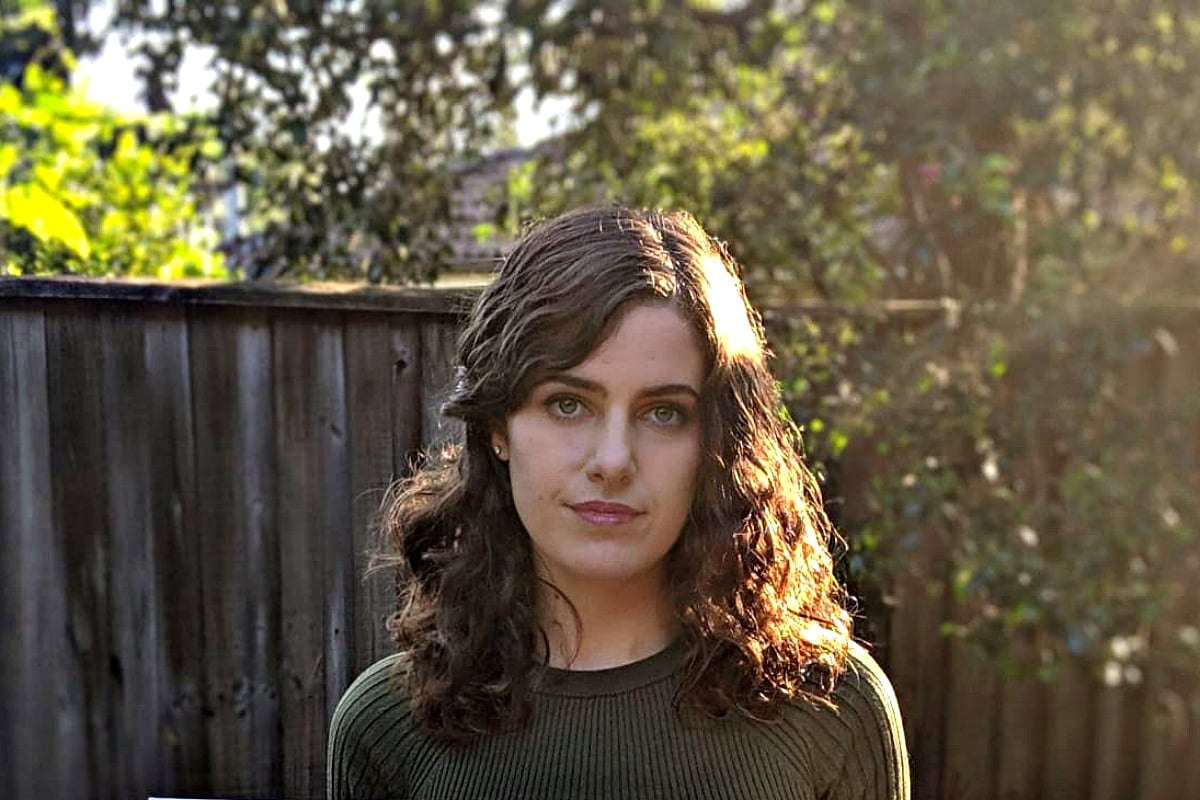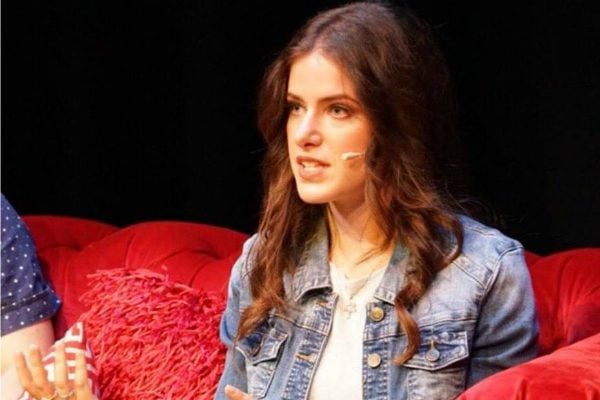
Content note: The following deals with abuse, sexual assault and self-harm. For 24-hour mental health crisis support, please contact Lifeline on 13 11 14.
For most of Scarlett Franks’ life, she didn’t make sense to herself. That’s the way the 26-year-old puts it; her way of describing what it was like to grapple with the consequences of the trauma she experienced as a child.
Since infancy, the Sydney woman had endured sustained physical and emotional abuse and neglect at the hands of someone close to her.
She’s not in a position to go into details of precisely what she went through, suffice to say it was “horrific”. But this initial violence was compounded by a profound misunderstanding of the nature of trauma, how it had affected her, and how she could recover from it.
***
The term ‘complex trauma’ refers to exposure to multiple traumas and the impacts of that exposure. In Australia, it’s conservatively estimated that as many as one in four adults have experienced complex trauma from childhood, stemming from situations like abuse, neglect and family violence.
The impacts of those experiences can be both physical and psychological, and vary in their severity.
In Scarlett’s case, they emerged as early as three, when she started tearing out her hair in her sleep. It was then she was first referred to a psychologist, and again at the age of eight. On and on it went throughout her teens.
“I was receiving labels like anxiety, severe depression, mood disorders, eating disorders and self-harming disorders. All these disparate issues were being labeled and tackled in isolation,” she told Mamamia. “And I was experiencing all these somatic symptoms like non-epileptic seizures, random unexplained vomiting, unexplained fainting, unexplained chronic pain.



Top Comments
Blue Knot is not a group I am familiar with, but I've known many, many women and men who have had similar experiences. The most salient point to me was that she felt as if SHE were the one who had the problem, and that she needed to be "fixed", rather than putting the cause properly on the abuse she experienced at the hands of those who should have cared for her. The current "DSM" model leads to "treating" emotional states rather than looking for causes, and misleads people into believing that there is some magic pill that is going to make things all better. It is extremely disempowering to victims. We need a better model!
I would advise people to beware of these ideas and organisations.
Blue Knot, formerly ASCA, spread myths about "satanic ritual abuse" and trauma-caused "repressed memories" using the dubious "Dissociative Identity Disorder" or DID. This movement convinced patients that their supposed trauma was from being abused in satanic sex cults as children, even though they had no memory of it. They also convinced patients that they had hidden their memories of (non satanic) childhood sex abuse. This just led to untrue allegations against innocent family members. All they've done now is update DID as "complex trauma".